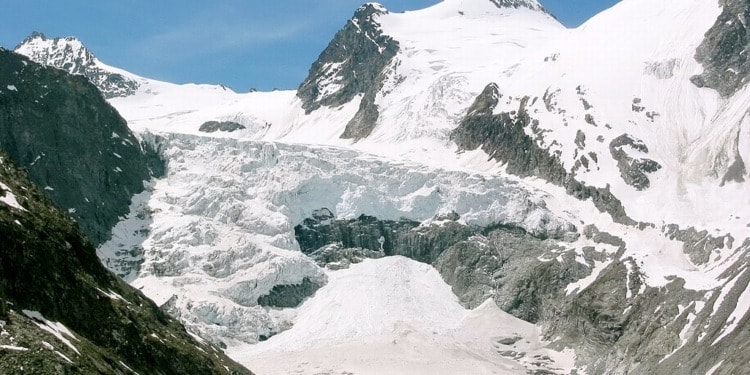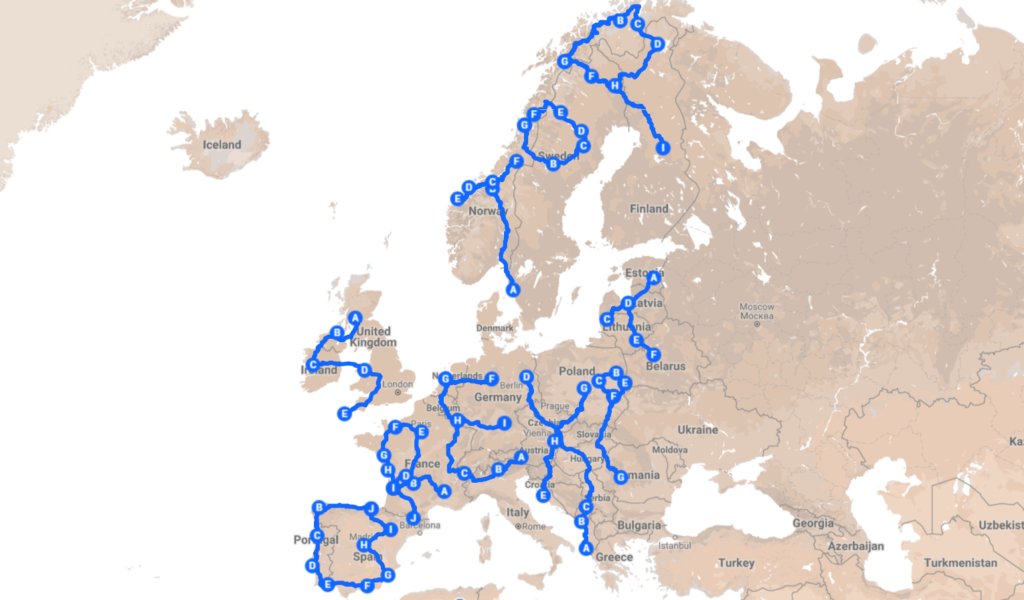In a landmark referendum on June 18, 2023, Swiss voters supported a new climate bill aimed at reducing fossil fuel usage and achieving carbon neutrality by 2050.
This decision marks a fundamental step towards combating climate change. Environmental organizations welcomed the verdict by celebrating the people’s vote.
Gemäss Hochrechnungen sagt die Schweiz mit 59,1 % JA zum Klimaschutz-Gesetz! Endlich haben wir ein klares Bekenntnis zu verbindlichen Klimazielen und zum Pariser Klimaabkommen. pic.twitter.com/Y5SlZr0h2e
— JA zum Klimaschutz-Gesetz (@klimaschutzja) June 18, 2023
Parliamentarian Roger Nordmann from the Social Democrat party said the outcome of the referendum was “beyond all expectation.”
He described it as historic: “It’s the first time that citizens have approved a net-zero law in a historic vote.”
The bill was supported by nearly all the major political parties in Switzerland, those opposing were nevertheless the right-wing Swiss People’s Party, who criticized the legislation, referring to it as an “electricity guzzler” that “plunges Switzerland into an energy crisis. In addition to exploding costs, devastating power shortages are looming.”
Related Articles: Are Swiss People Going to Vote to Achieve Net Zero by 2050? |To Get To Net Zero By 2050, We Must Scale Up Carbon Removal | Alps’ Glaciers Melting at Record Rate
Nevertheless, “the Swiss understood that the climate law is essential to take a first step and inscribe in Swiss law a clear objective for 2050. When you have a clear objective, you can then put in place the necessary measures,” remarked a member of the Green Party of Switzerland (GPS), Céline Vara.
What Does The Climate and Innovation Act Include?
The approved Climate and Innovation Act sets targets for Switzerland, aligning the nation with the global efforts to address the climate crisis. These include reducing greenhouse gas emissions, implementing technologies to capture and store CO2, adapting to climate change impacts, and aligning financial flows with low-carbon and climate-resilient development.
In addition, the law establishes specific targets for carbon-intensive sectors. This includes emissions reductions of 82% by 2040 and 100% by 2050 for the building sector, 57% by 2040 and 100% by 2050 in the transport sector, and 50% by 2040 and 90% by 2050 for the industry.
The approval of this law comes after a narrow defeat of the Swiss CO2 Act in 2021, which focused on greenhouse gas emission reductions by 2030.
It allocates CHF 1.2 billion over six years for technological advancements to accelerate industrial decarbonization and CHF 2 billion over ten years to support the transition away from fossil fuel-based heating in buildings.
The climate law serves as an alternative to the Glacier Initiative proposed by the Swiss Association for Climate Protection in 2019. While the initiative called for a complete ban on fossil fuel use in Switzerland by 2050, the new law aims to reduce fossil fuel consumption without imposing an outright ban by 2050.
By voting in favor of the bill, the Swiss population has demonstrated its commitment to a sustainable future and taking responsibility for reducing greenhouse gas emissions.
The referendum, particularly reflects the growing urgency to tackle climate change in Switzerland. As the country has been grappling with increasing climate vulnerability in recent years. As glaciers shrink at an alarming rate, it not only impacts the natural environment but also poses risks to vital water resources.
Furthermore, Switzerland has experienced extreme weather events such as heatwaves, heavy rainfall, and floods, which have had devastating effects on infrastructure, agriculture, and human lives.
The Climate and Innovation Act will pave the way for innovative solutions, research, and investments in clean technologies.
With the passing of this climate bill, Switzerland has underscored its determination to combat climate change, empower its citizens, and contribute to global efforts in achieving a sustainable and carbon-neutral future.
Editor’s Note: The opinions expressed here by the authors are their own, not those of Impakter.com — In the Featured Photo:Detail of glacier melting down Mont Mine near Evolene,Switzerland. Featured Photo Credit: WikimediaCommons.












